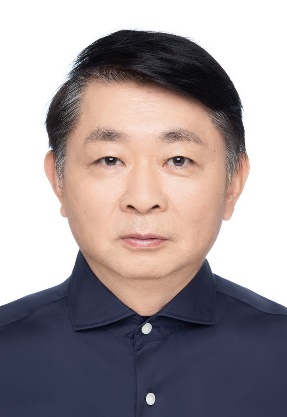报告题目: From Conventional to Semantic Communications based on Deep Learning
报告时间:2022年5月27日下午 4:00-5:30
腾讯会议号:603 538 012
报告嘉宾: Professor Geoffrey Li, ITP Lab, Dept EEE, Imperial College London
报告摘要: To transmit text messages, speeches, or pictures, we usually convert them into a symbol sequence and transmit the symbols in a conventional communication system, which is designed based on the block structure with coding, decoding, modulation, demodulation, etc. It has been demonstrated recently that deep learning (DL) has great potentials to break the bottleneck of the block-based communication system. In this talk, we first provide our recent endeavors in developing end-to-end (E2E) communications, which combine all blocks at the transmitter by a neural network and those at the receiver by another neural network. Even if deep learning based E2E communication systems have a potential to outperform the conventional block-based communication systems in terms of performance and complexity, their spectrum efficiency is still limited by Shannon capacity since they essentially transmit bits or symbols. Semantic communication systems transmit and recover the desired meaning of the transmitted content (for example, a text message or a picture) directly and can significantly improve transmission efficiency. We will present our initial results on semantic communications.
报告嘉宾简介:
Geoffrey Ye Lihas been a Chair Professor at Imperial College London since 2020. Before moving to Imperial, he was with Georgia Institute of Technology as a Professor for 20 years and with AT&T Labs - Research in New Jersey, USA, as a Principal Technical Staff Member for five years. His general research interests include statistical signal processing and machine learning for wireless communications. In these areas, he has published over 600 referred journal and conference papers in addition to over 40 granted patents. His publications have been cited over 50,000 times with H-index of over 100 and he has been listed as the World’s Most Influential Scientific Mind, also known as a Highly-Cited Researcher, by Thomson Reuters almost every year since 2001. He has been an IEEE Fellow since 2006 and an IET Fellow since 2021. He received several prestigious awards from IEEE ComSoc,IEEE VTS, and IEEE SPS, including 2019 IEEE ComSocEdwin Howard Armstrong Achievement Award.


